The huge cost of food waste
'Truly enraging' amount of food thrown away each year, says charity boss
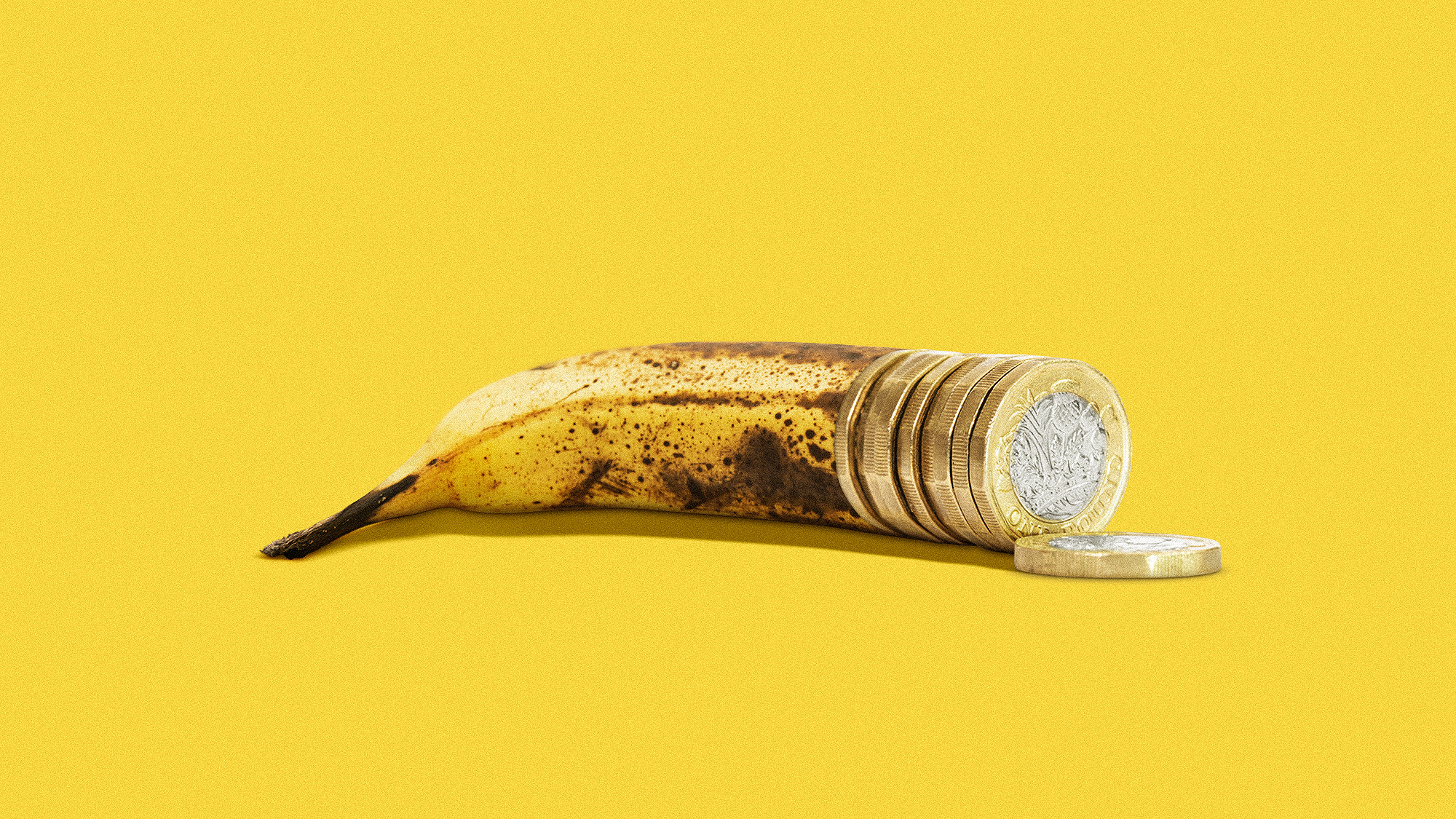
A free daily email with the biggest news stories of the day – and the best features from TheWeek.com
You are now subscribed
Your newsletter sign-up was successful
An app will deliver budget-priced food parcels to your door in a bid to address the growing problem of food waste. Too Good To Go's "Parcels" service will include unused items from household-name brands to "help food producers manage surplus goods more effectively", said New Food.
The move to reduce waste at the "manufacturing stage" represents a "significant expansion" of the company's existing business model of selling excess food directly to consumers, and another avenue to tackle the "pressing issue" of food waste.
How bad is the food waste problem?
The level of food waste in the UK "isn't just a moral failure – it's an environmental catastrophe", said Charlotte Hill, CEO of food redistribution charity the Felix Project, in The Independent.
The Week
Escape your echo chamber. Get the facts behind the news, plus analysis from multiple perspectives.

Sign up for The Week's Free Newsletters
From our morning news briefing to a weekly Good News Newsletter, get the best of The Week delivered directly to your inbox.
From our morning news briefing to a weekly Good News Newsletter, get the best of The Week delivered directly to your inbox.
The UK throws away an estimated 10.7 million tonnes of food each year, which is "enough to fill Wembley Stadium ten times", all while 11 million people in the UK, including three million children, are food insecure.
What makes this "truly enraging" is that around 40% of the waste is "perfectly rescuable" because it's not just "leftovers from households", but also edible food from farms, supermarkets and food suppliers. The "absurdity" of this is "staggering", Hill said. A 2022 report from the World Wide Fund for Nature found that around three million tonnes of edible food is lost before it even leaves UK farms.
Meanwhile, said Convenience Store, campaigners have found that although retailers are becoming more aware of food waste, only around a third of businesses believe they are managing it effectively.
How does that compare to other developed countries?
In Germany, a 2020 government study found that 11 million tonnes of food waste is generated every year, a similar figure to the UK, but the United States "discards more food than any other country in the world", said RTS – around 54 million tonnes every year.
A free daily email with the biggest news stories of the day – and the best features from TheWeek.com
Globally, said the United Nations, around 13.2% of food produced is "lost between harvest and retail", while an estimated 19% of total global food production is "wasted in households, in the food service and in retail".
What can be done?
Food redistribution charities have urged the UK government to commit to stopping food waste by unfreezing the Farm Gate Waste Fund. The £15 million fund could cover the cost for farmers to "harvest, pack, store and deliver surplus food to charities", said Food Manufacture.
More broadly, addressing food waste "requires action on both an individual and a systemic level", said Sami Dimassi, of the UN Environment Programme, in Arab News. "We must reimagine sustainable food systems that ensure the production and consumption of sufficient, affordable, and nutritious food", while "conserving the natural resources and ecosystems on which food systems depend".
What can individuals do?
Tackling food waste can "sound daunting" for the individual, said Food Cycle. But the steps we can take include only buying and cooking what we need, getting "creative" with leftovers rather than throwing them away, and organising food properly at home by logging and storing it mindfully. If you're looking to go a step further, consider volunteering for or donating to food redistribution charities.
Denmark reduced its food waste by 25% between 2010 and 2015, the "cumulative result of many small changes" led by "one woman and social media", said The Guardian. Selina Juul was "appalled" to discover how much food was going to waste in her country and started a Facebook group. It proved such a success that REMA 1000, the biggest discount chain in Denmark, asked her to help reduce its waste.
Outlets ended bulk discounts like "buy two, get one free" and started selling bananas individually, going from 80 to 100 bananas being wasted every day, to only around 10. REMA 1000 also started to use two layers of packaging to extend the shelf life of its cold meats. Although extra packaging has an environmental impact, removing packaging that is "purely cosmetic and egregious" can help offset that.
Chas Newkey-Burden has been part of The Week Digital team for more than a decade and a journalist for 25 years, starting out on the irreverent football weekly 90 Minutes, before moving to lifestyle magazines Loaded and Attitude. He was a columnist for The Big Issue and landed a world exclusive with David Beckham that became the weekly magazine’s bestselling issue. He now writes regularly for The Guardian, The Telegraph, The Independent, Metro, FourFourTwo and the i new site. He is also the author of a number of non-fiction books.
-
 Political cartoons for February 15
Political cartoons for February 15Cartoons Sunday's political cartoons include political ventriloquism, Europe in the middle, and more
-
 The broken water companies failing England and Wales
The broken water companies failing England and WalesExplainer With rising bills, deteriorating river health and a lack of investment, regulators face an uphill battle to stabilise the industry
-
 A thrilling foodie city in northern Japan
A thrilling foodie city in northern JapanThe Week Recommends The food scene here is ‘unspoilt’ and ‘fun’
-
 The environmental cost of GLP-1s
The environmental cost of GLP-1sThe explainer Producing the drugs is a dirty process
-
 The world is entering an ‘era of water bankruptcy’
The world is entering an ‘era of water bankruptcy’The explainer Water might soon be more valuable than gold
-
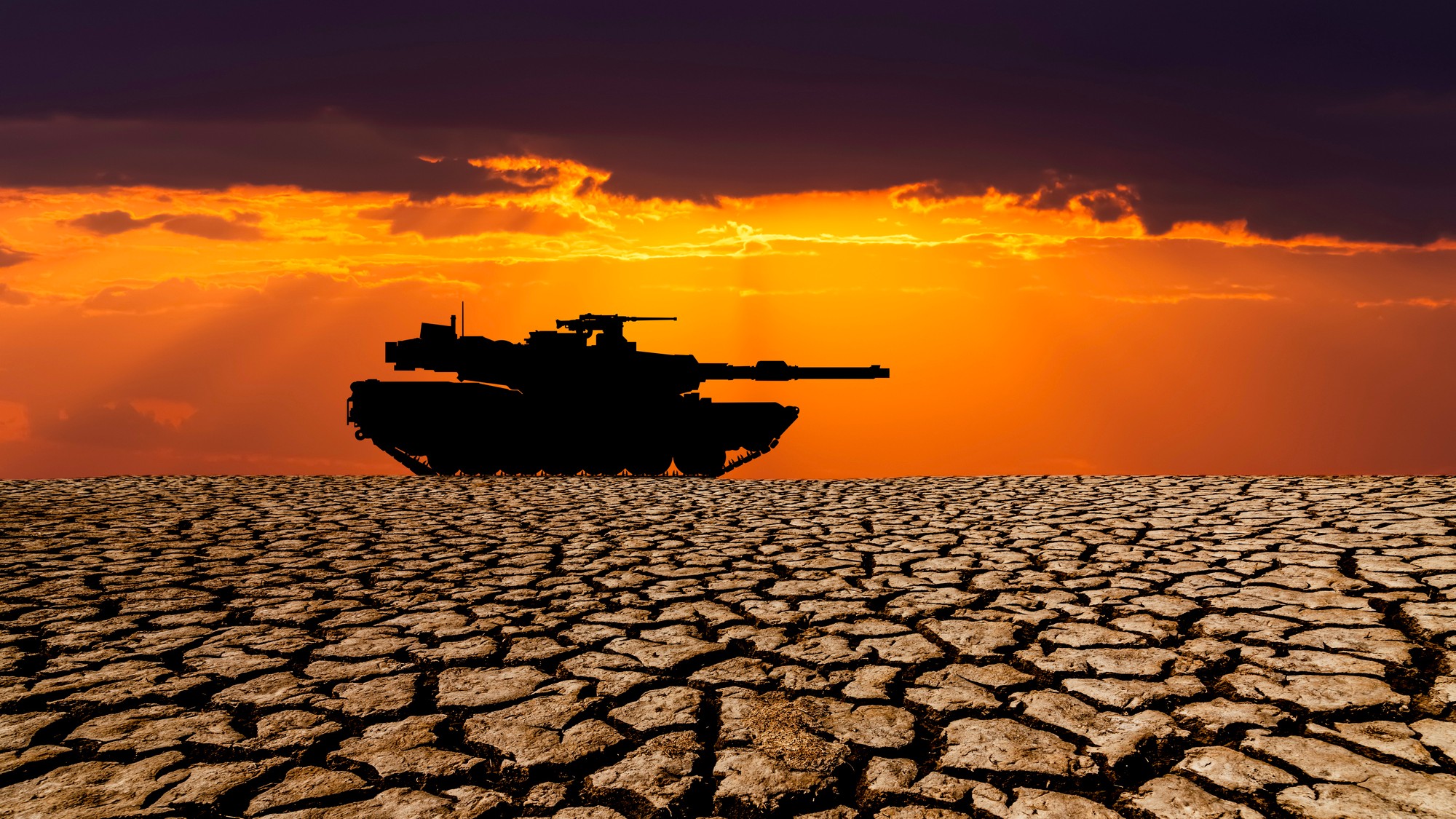 How climate change poses a national security threat
How climate change poses a national security threatThe explainer A global problem causing more global problems
-
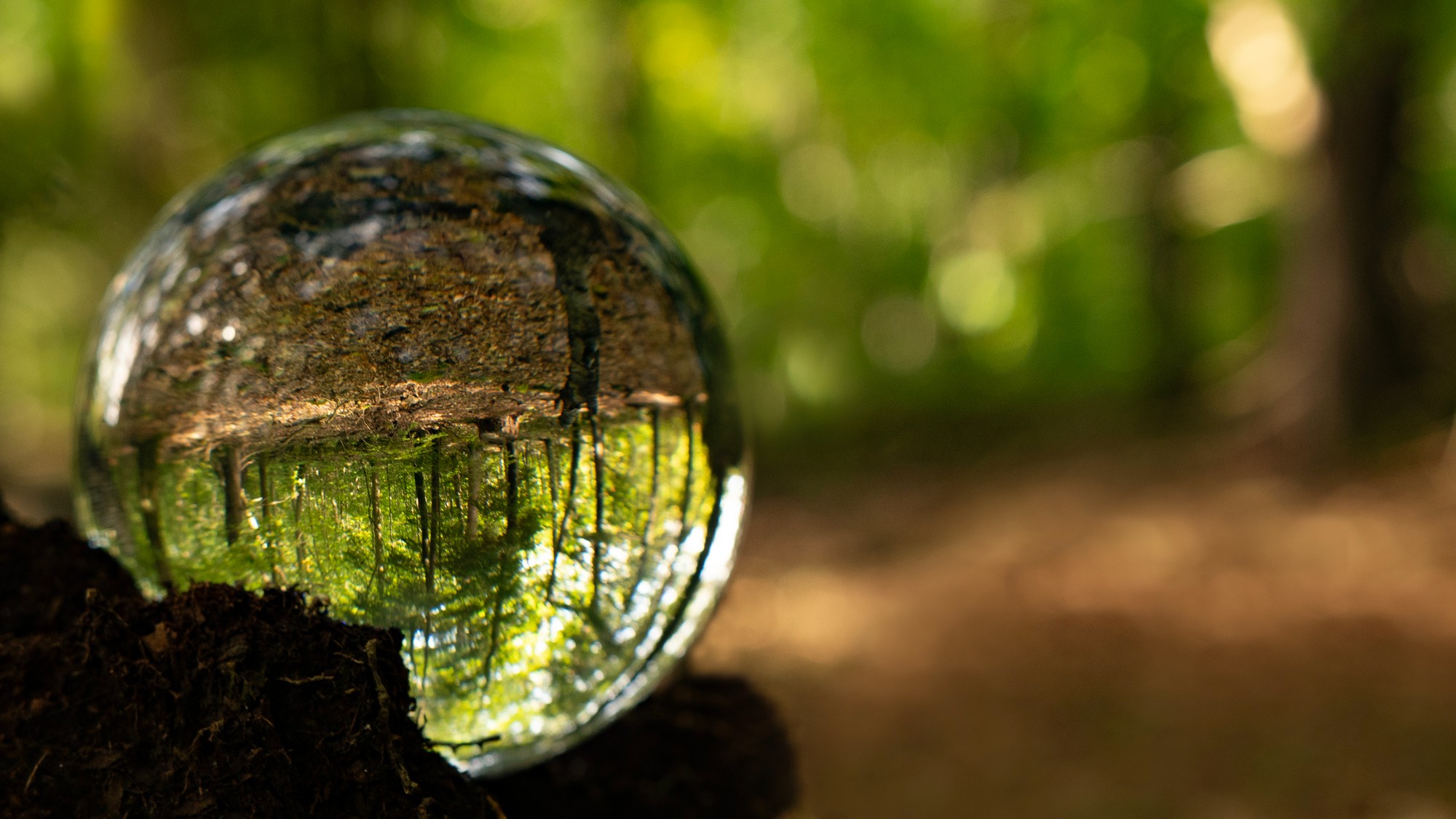 How 'freakosystems' are becoming the norm
How 'freakosystems' are becoming the normThe explainer Ecosystems are changing permanently
-
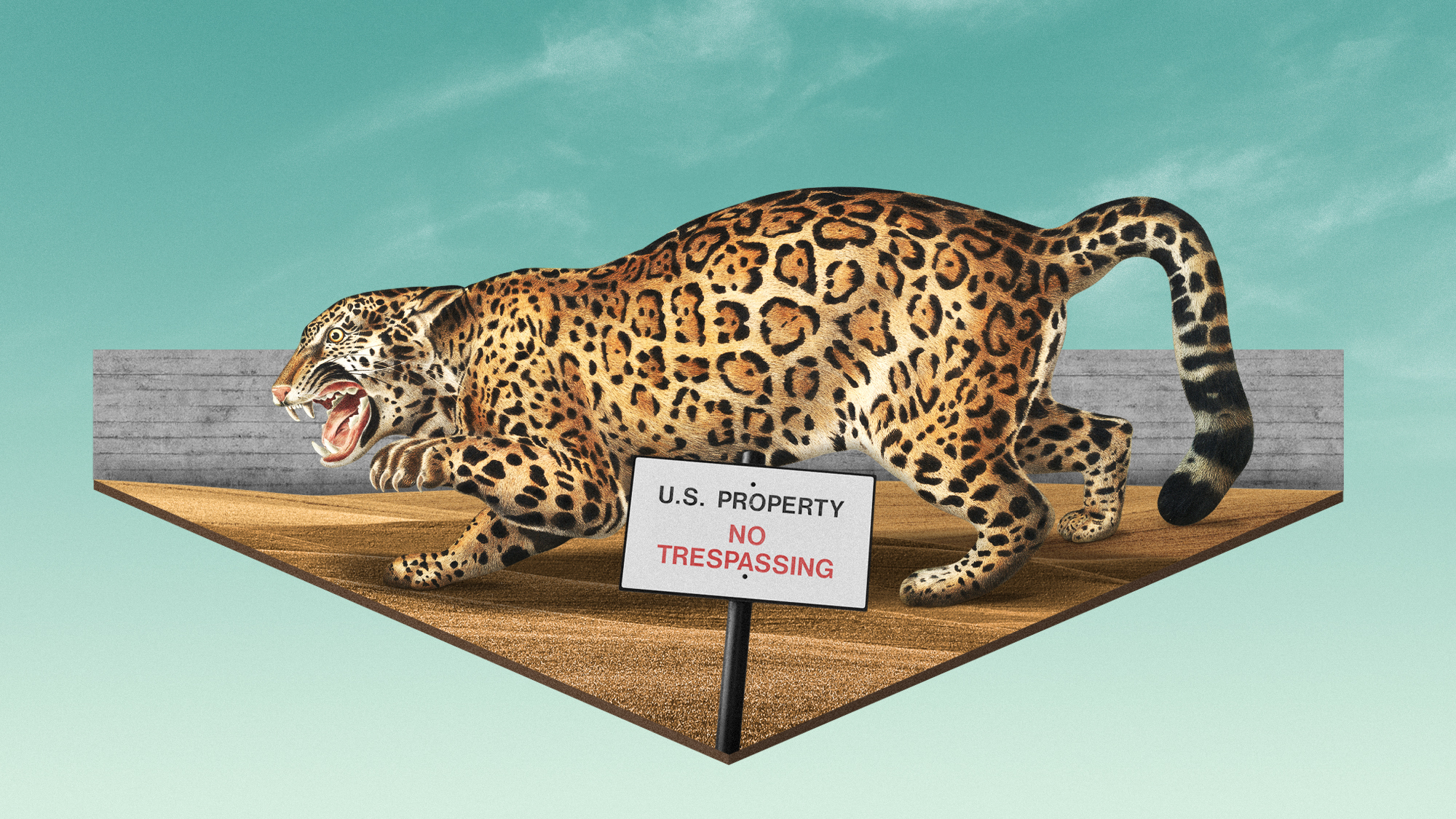 The revived plan for Trump's border wall could cause problems for wildlife
The revived plan for Trump's border wall could cause problems for wildlifeThe Explainer The proposed section of wall would be in a remote stretch of Arizona
-
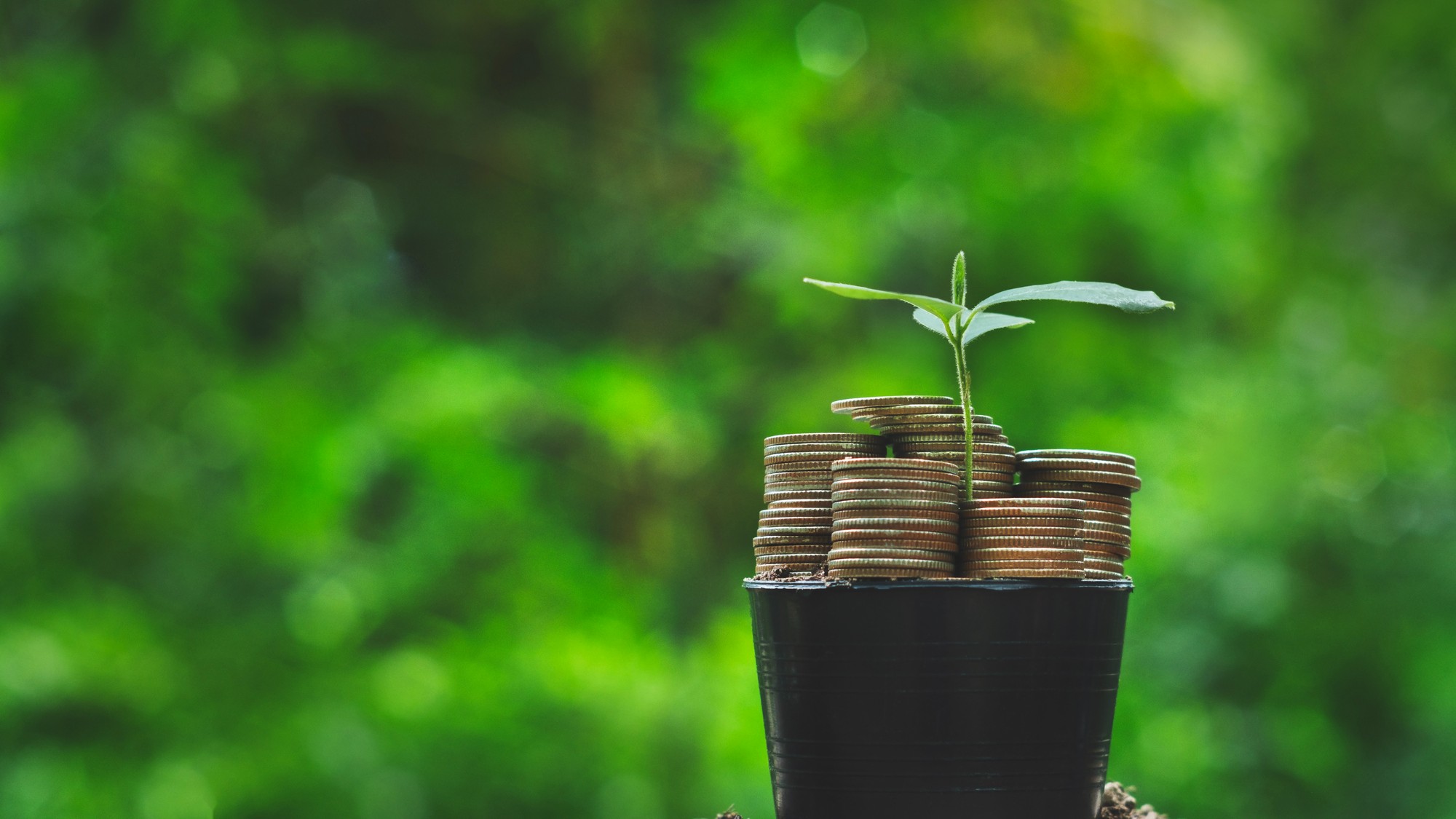 How carbon credits and offsets could help and hurt the climate
How carbon credits and offsets could help and hurt the climateThe explainer The credits could be allowing polluters to continue polluting
-
 The worst coral bleaching event breaks records
The worst coral bleaching event breaks recordsThe Explainer Bleaching has now affected 84% of the world's coral reefs
-
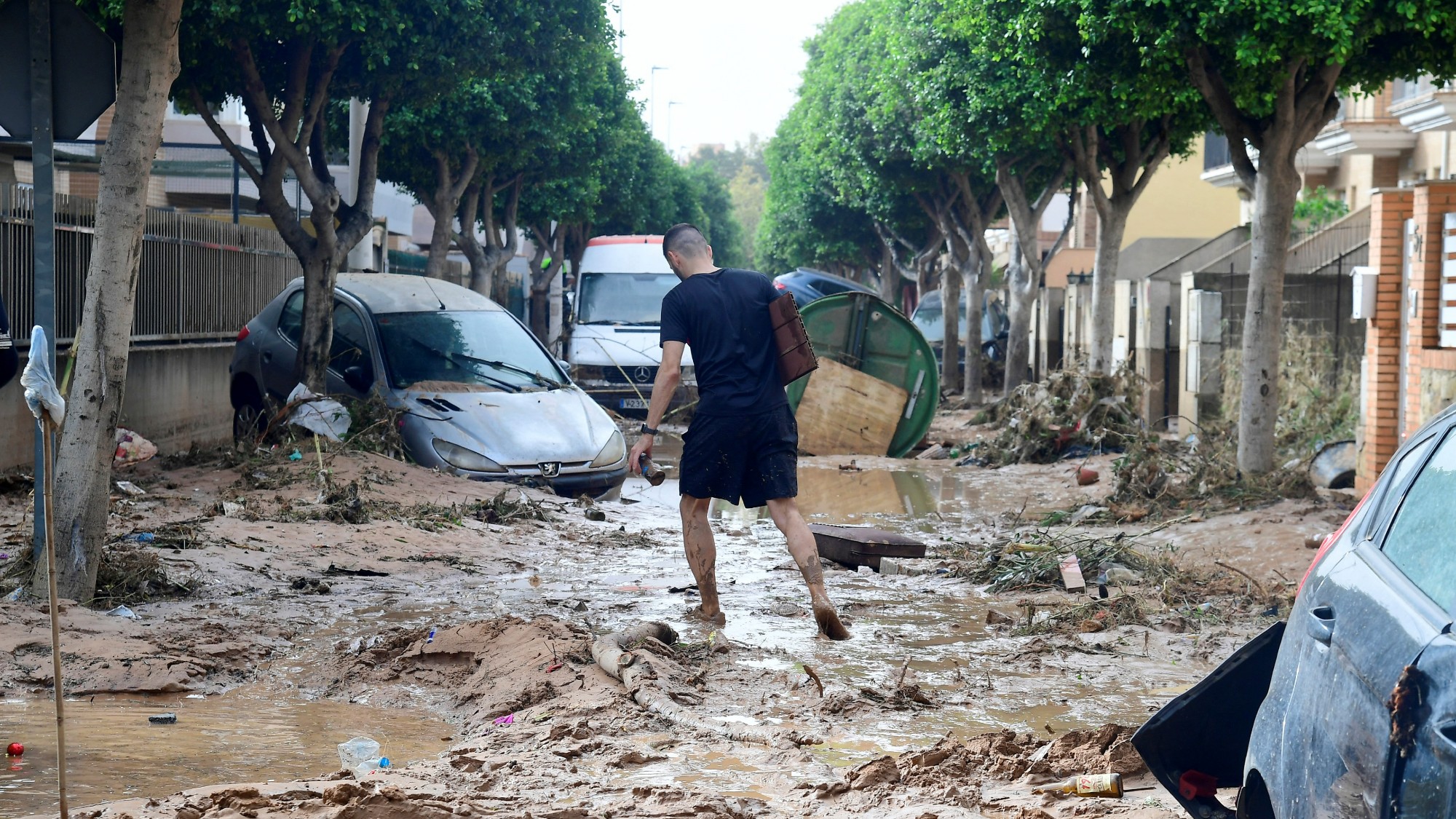 Earth's climate is in the era of 'global weirding'
Earth's climate is in the era of 'global weirding'The Explainer Weather is harder to predict and more extreme